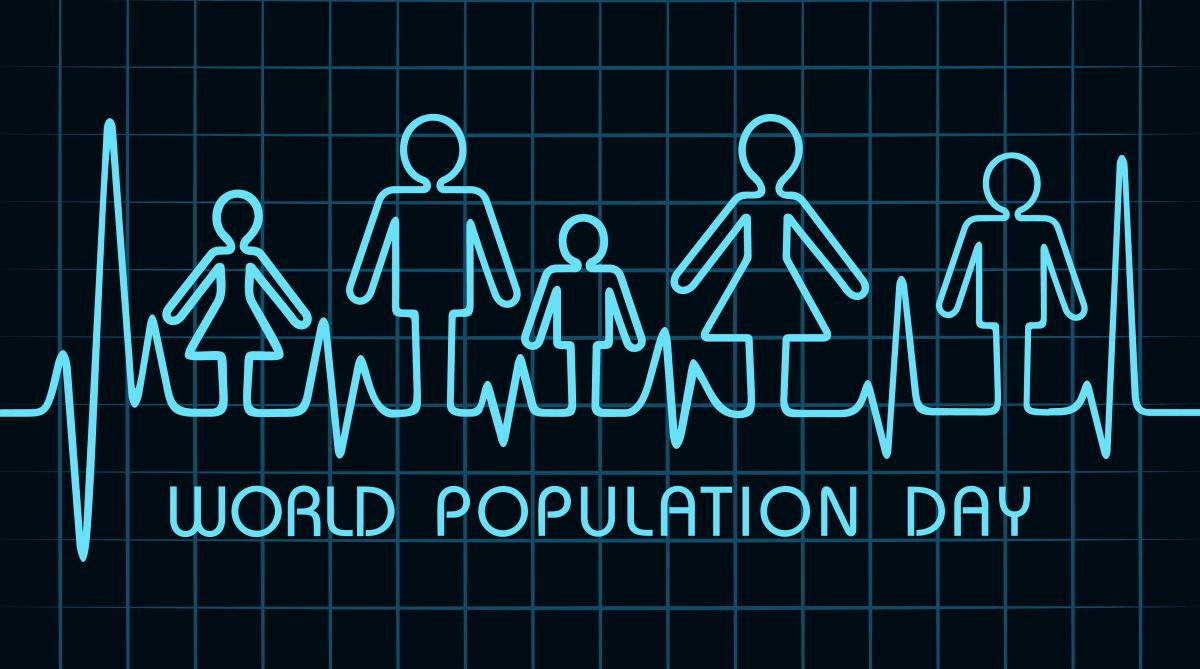It’s the annual World Population Day on 11 July, and the theme for the year 2018 is “ Family Planning is a Human Right”.
In her message for the Day, United Nations Fund for Population Activities (UNFPA) Executive Director Natalia Kanem said, “Family planning is not only a matter of human rights; it is also central to women’s empowerment, reducing poverty and achieving sustainable development.”
Advertisement
She pointed out that some 214 million women still lacked safe and effective family planning facilities in developing regions, “for reasons ranging from lack of information or services, to lack of support from their partners or communities”.
“This threatens their ability to build a better future for themselves, their families and their communities,” explained Kanem.
The World Population Day has been in existence since 1989 — established by the then Governing Council of the UN Development Programme — and it seeks to focus attention on the importance of population issues. This particular date was chosen to be observed as the World Population Day as the UN estimated it was 11 July, 1987, when the world’s population reached 5 billion people.
The year 2018 marks the 50th anniversary of the 1968 International Conference on Human Rights, where family planning was affirmed to be a human right for the first time. It was first realised that women and girls had the right to avoid the danger of too many pregnancies, and both men and women had the right to choose, when and how many times, and whether at all, to embrace parenthood.
The outcome document of the conference, known as the Teheran Proclamation, stated: “Parents have a basic human right to determine freely and responsibly the number and spacing of their children.”
Kanem said UNFPA was fully committed to continuing its support to countries’ efforts to uphold the right of individuals, especially women, to plan a family, adding: “We are striving to end all unmet need for voluntary family planning in developing countries, by 2030.”
UNFPA supports family planning in these countries by ensuring “a reliable supply of a full range of modern contraceptives, strengthening national health systems and promoting gender equality”.
“But, we cannot do this alone,” said the UNPA chief, adding that governments, parliamentarians, the private sector and civil society should join hands to “make it happen”.
She suggested that developed countries could close the global family planning funding gap by contributing “a mere 20 cents per person annually”. Kanem said this would be “a strategic and doable investment in the world’s future”.
According to the United Nations, there are nine standards that uphold the human right to family planning. These are:
Non-discrimination: Family planning services can’t be restricted on the basis of race, age, religion, sex, language, national origin, political affiliation, economic status, place of residence, marital status, disability status, gender identity or sexual orientation.
Availability: All countries must ensure family planning commodities and services are available to everyone.
Accessibility: All countries must ensure everyone has access to family planning commodities and services.
Acceptability: Everyone should get contraceptive services and information in a dignified manner, respecting both modern medical ethics and cultures specific to the beneficiaries.
Good quality: All information on family planning must be clearly communicated and scientifically accurate.
Informed decision-making: Every man and woman must be able to make reproductive choices “with full autonomy, free of pressure, coercion or misrepresentation”.
Privacy and confidentiality: Right to privacy must be ensured when individuals seek family planning information and services.
Participation: Countries must ensure active and informed participation of individuals in decisions on concerning their health.
Accountability: Health systems, education systems, leaders and policymakers must be accountable to people in all efforts towards ensuring human right to family planning.











